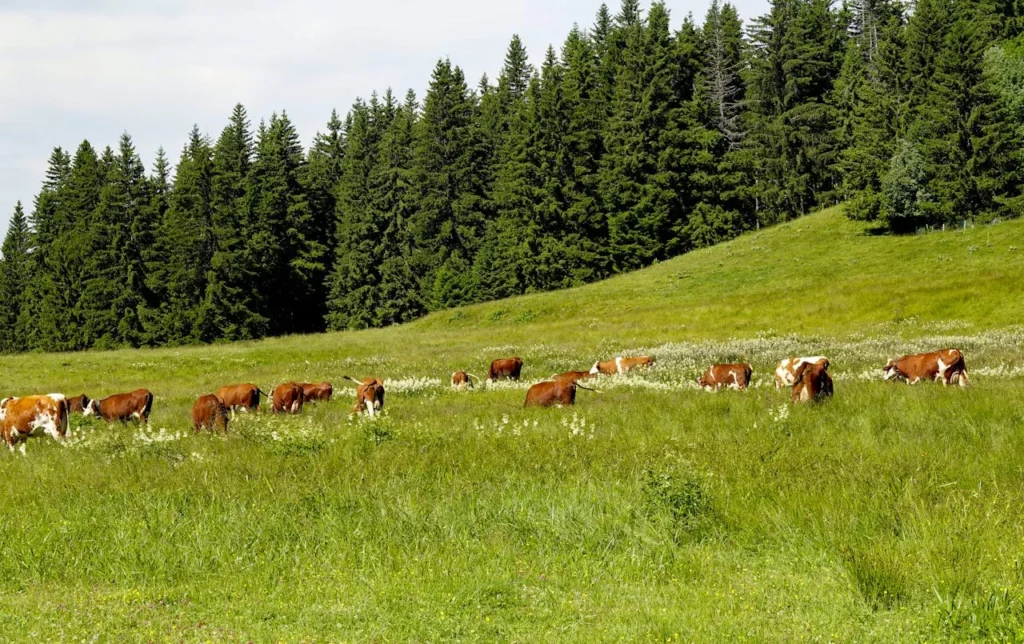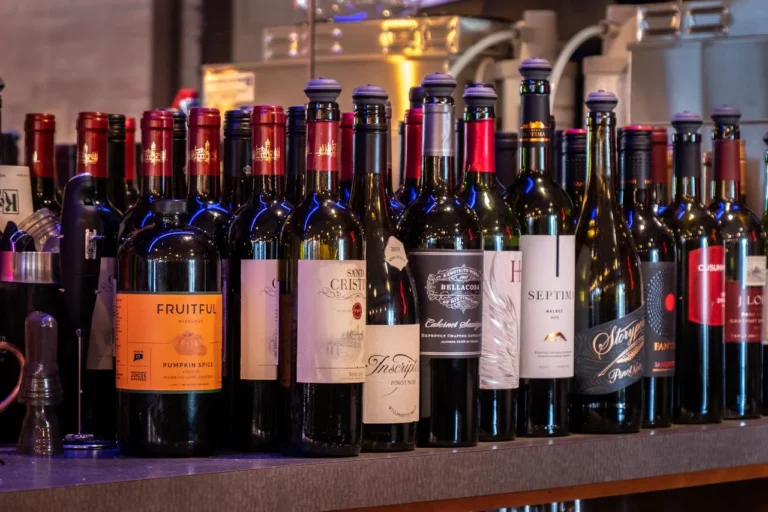
ResearchAndMarkets.com has added a comprehensive new report titled “Carbon Credits Market for Agriculture, Forestry, and Land Use – A Global and Regional Analysis: With Focus on Emerging Startups, Policy Framework, and Country-wise Analysis – Forecasts from 2025 to 2035″. The report outlines transformative trends shaping the future of carbon credits in agriculture, forestry, and land use (AFOLU), emphasizing emerging startups, policy momentum, and regional market dynamics.
Shifting Corporate Strategies and Rising Startup Participation
The accelerating momentum of the global carbon credits market is prompting agribusiness giants and input manufacturers to reorient their R&D and capital investments. Industry leaders like Corteva Agriscience and Nutrien are increasingly channeling resources into carbon-friendly innovations—such as low-tillage seed coatings and nutrient-efficiency biostimulants—that comply with carbon credit protocols and enhance soil health.
Based on robust secondary research and industry insights, the report identifies major players with strong market presence as well as emerging startups disrupting the AFOLU credit space. In 2024, established players accounted for 78% of the market, while startups held a growing 22% share. With sustainability pressures intensifying globally, this startup segment is expected to expand rapidly over the coming decade.
Technology Driving Integration and Verification
Agricultural equipment manufacturers such as John Deere and AGCO are introducing precision tools that not only minimize soil disruption by up to 80% but also integrate seamlessly with carbon quantification platforms like Project Carbonview. These machines automate the documentation of sustainable practices—such as reduced tillage and crop residue retention—enabling easier third-party verification. By embedding carbon eligibility into daily operations, these innovations are cutting verification timelines from 90 days to under 30, while generating additional returns of $10–$15 per acre. This, in turn, reduces the breakeven costs of precision equipment by as much as 12%.
Meanwhile, grain handlers and processors like CHS and Archer Daniels Midland (ADM) are offering carbon-based incentives, paying farmers up to $1.00 per bushel extra for low-carbon grain verified through blockchain-enabled platforms such as Xpansiv and Persefoni. These digital systems enable real-time tracking and validation of emissions reductions, allowing buyers to confidently market carbon-neutral products that command 5–10% price premiums, especially in North America and Europe.

Removal Credits and Forestry Projects Take Center Stage
The report forecasts strong demand growth for removal-based carbon credits, particularly in the agriculture and forestry sectors. Removal projects—those that sequester carbon in soil or biomass rather than simply avoiding emissions—are attracting significant interest. Technologies such as deep-rooting cover crops, biochar, and agroforestry systems not only offer long-term sequestration but also improve soil fertility and biodiversity. These projects meet stringent permanence requirements and fetch price premiums 20–30% higher than conventional avoidance credits.
Forestry, in particular, is poised to be the fastest-growing segment in the AFOLU carbon credits market through 2035. Thanks to its high sequestration potential and improving verification technologies such as LiDAR and satellite imagery, forestry projects have become more cost-effective and scalable. Supportive regulations—like the EU’s Carbon Removals and Carbon Farming Regulation—are creating strong market pull, especially for afforestation and sustainable forest management initiatives.
Forestry projects also provide additional environmental and social co-benefits, including biodiversity preservation and watershed protection, aligning well with ESG-focused investment mandates.
Asia-Pacific Emerges as Global Leader
Asia-Pacific led the AFOLU carbon credit market in 2024, driven by large-scale agricultural operations, corporate climate targets, and proactive government incentives. Countries like China, Japan, and South Korea are implementing policies that tie subsidies and regulatory mandates to carbon farming outcomes. China’s Ministry of Agriculture and Rural Affairs, for example, has introduced soil-carbon-linked subsidies, while Japan and South Korea have embedded agriculture-based offsets into national sustainability frameworks.
The region is benefiting from low-cost, high-yield opportunities and widespread adoption of digital Monitoring, Reporting, and Verification (MRV) systems, which have significantly cut project verification timelines. As a result, AFOLU credit issuance has grown by 38% year-over-year, making Asia-Pacific the fastest-growing market globally.
Market Catalysts and Challenges
The report identifies the global drive toward net-zero emissions by 2050 as the primary market catalyst. Corporations such as Apple, Unilever, Kering, and Ingka Group (IKEA) are making significant investments in AFOLU credits to offset residual emissions across their supply chains. Apple’s Restore Fund, for example, has committed $280 million to nature-based removals in Brazil and Paraguay, while Unilever has locked in long-term soil and forestry credit purchases to bridge its emissions gap.
However, several challenges persist—chief among them are land tenure uncertainties and project registration delays. Many regions in Africa and Latin America still operate under dual statutory and customary land systems, complicating the establishment of legal land rights—a critical requirement under leading carbon credit registries. These delays can extend project onboarding by 6 to 12 months, driving up costs and discouraging smallholder participation.
Future Opportunities: Tokenization and Retail Market Access
A transformative opportunity lies in blockchain tokenization, which is democratizing access to AFOLU credits. By converting traditional registry-issued carbon credits into digital tokens, blockchain platforms enable fractional ownership, instant verification, and smart contract automation. This innovation facilitates 24/7 trading, reduces the cost of entry for smaller buyers, and enhances transparency—all while preserving the integrity required by carbon registries.
Tokenization is opening the market to retail investors, small enterprises, and family offices, ushering in a new era of accessibility, liquidity, and scale for the AFOLU carbon credits ecosystem.




